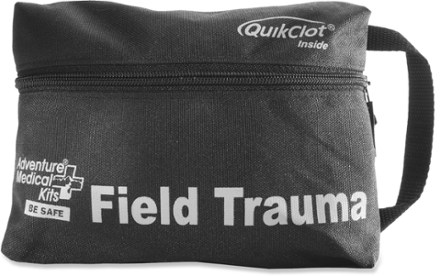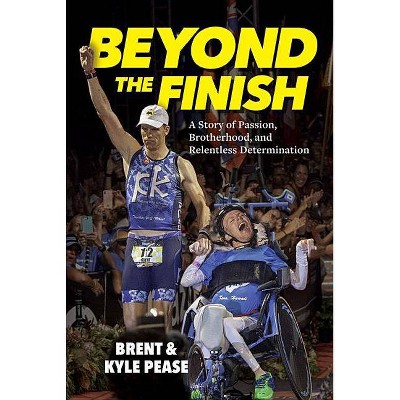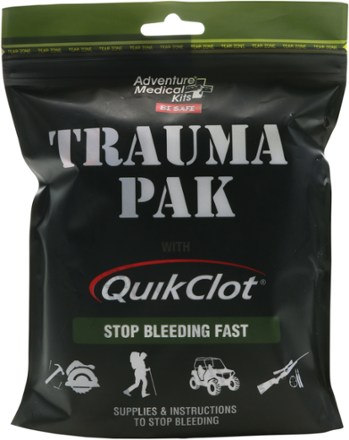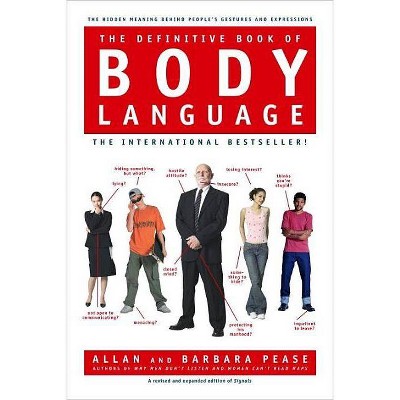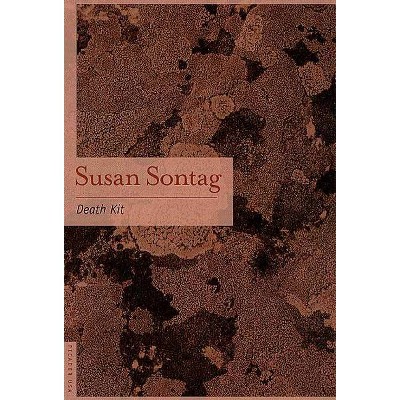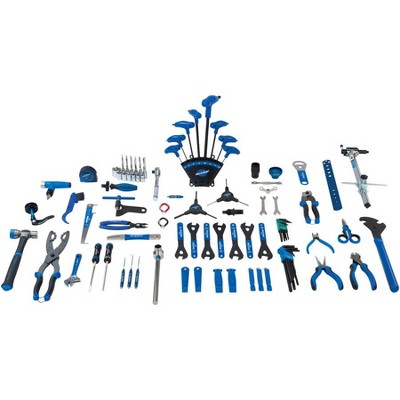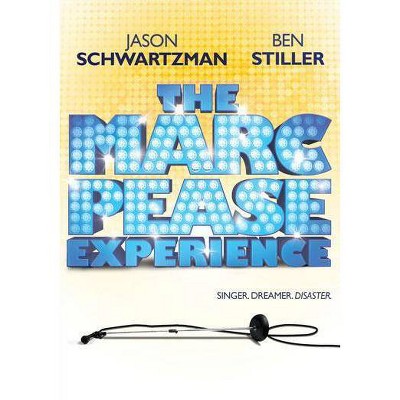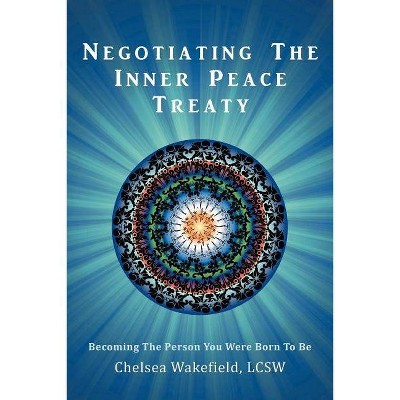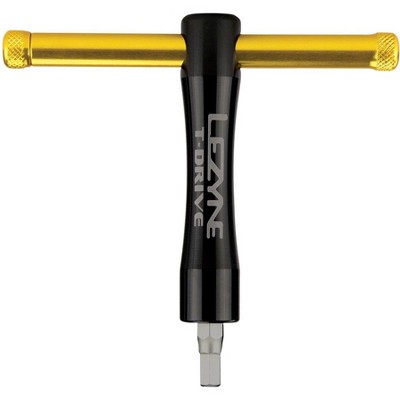The Trauma Tool Kit - by Susan Pease Banitt Lcsw (Paperback)
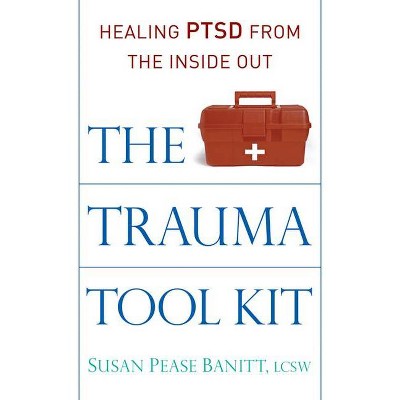
Similar Products
Products of same category from the store
AllProduct info
<p/><br></br><p><b> About the Book </b></p></br></br>In 2010 the Department of Veterans Affairs cited 171,423 Iraq and Afghanistan war veterans diagnosed with PTSD, out of 593,634 total patients treated. That's almost 30 percent; other statistics show 35 percent. Nor, of course, is PTSD limited to the military. In twenty years as a therapist, Susan Pease Banitt has treated trauma in patients ranging from autistic children to women with breast cancer; from underage sex slaves to adults incapacitated by early childhood abuse. Doctors she interviewed in New York report that, even before 9/11, most of their patients had experienced such extreme stress that they had suffered physical and mental breakdowns. Those doctors agree with Pease Banitt that stress is the disease of our times. At the 2009 Evolution of Psychotherapy conference Jack Kornfield noted, "We need a trauma tool kit." Here it is. <BR>Most people, Pease Banitt says, experience trauma as a terminal blow to their deepest sense of self. Her techniques restore a sense of wholeness at the core level from which all healing springs. The uniqueness of her book lies in its diversity and accessibility. She assesses the values and limitations of traditional and alternative therapies and suggests methods that are universally available. Almost anybody can<p/><br></br><p><b> Book Synopsis </b></p></br></br><p>2013 Nautilus Silver Award Winner!</p><p>In 2010 the Department of Veterans Affairs cited 171,423 Iraq and Afghanistan war veterans diagnosed with PTSD, out of 593,634 total patients treated. That's almost 30 percent; other statistics show 35 percent. Nor, of course, is PTSD limited to the military. In twenty years as a therapist, Susan Pease Banitt has treated trauma in patients ranging from autistic children to women with breast cancer; from underage sex slaves to adults incapacitated by early childhood abuse. Doctors she interviewed in New York report that, even before 9/11, most of their patients had experienced such extreme stress that they had suffered physical and mental breakdowns. Those doctors agree with Pease Banitt that stress is the disease of our times. At the 2009 Evolution of Psychotherapy conference Jack Kornfield noted, We need a trauma tool kit. Here it is.</p><p>Most people, Pease Banitt says, experience trauma as a terminal blow to their deepest sense of self. Her techniques restore a sense of wholeness at the core level from which all healing springs. The uniqueness of her book lies in its diversity and accessibility. She assesses the values and limitations of traditional and alternative therapies and suggests methods that are universally available. Almost anybody can grow some lavender in a pot, she notes, or find a tree to sit under, a journal to write in, or Epsom Salts in which to soak. They can learn exercises of the mind and breath work to regulate the body. Besides such resources, Pease Banitt's tools for healing include: <br><ul><li>Skills to build a first-aid kit to respond to any traumatic event</li><li>Insight into the causes of stress mentally and physically</li><li>Motivation to deal with stress sooner rather than later</li><li>An insider's knowledge about maintaining health</li><li>The ability to make good decisions for effective interventions</li><li>Increased resilience to overwhelming events</li></ul></p><p>She closes with a look at public policy and public health issues and the need for new therapeutic models. If trauma is the disease of our time, then healing from trauma individually and globally can pave the way for a brighter future. This book provides the tools.<p/><br></br><p><b> Review Quotes </b></p></br></br><br>In <i>The Trauma Tool Kit</i> Susan Pease Banitt concentrates on the physical, spiritual and esoteric dimensions of trauma usually ignored by our mainstream culture and healing practices. She presents universal dimensions of traumatic injury and recovery as they have been modeled in spiritual and holistic traditions for millennia as well as integrative methods practiced by holistic healers today. <i>The Trauma Tool Kit</i> is a readable, accessible, comprehensive, 'user-friendly' smorgasbord of healing ideas, information and practices that can help guide trauma survivors to wholeness. Susan Pease Banitt is consistently positive, encouraging and helpful as she guides readers in restoring healing and hope.<br> --<b>Edward Tick, Ph.D.</b>, author of <i>War and the Soul</i> and <i>The Practice of Dream Healing</i>, and Director of <i>Soldier's Heart</i>-- "Reviews"<br><br>Post Traumatic Stress Disorder (PTSD) is a human event of such enormous repercussions that it envelops both mind and body. According to Susan Pease Banitt, in her book <i>The Trauma Tool Kit: Healing PTSD From the Inside Out</i>, PTSD is a whole-body tragedy.<br> Western medicine has traditionally treated psychological trauma as an issue of the mind and psyche. However, today it is becoming more understood that stress and trauma affect the entire human organism, including physical health.<br>Banitt encourages people who have been traumatized, whether they are returning soldiers, child-abuse survivors, or others in recovery from trauma, to realize the complexity of their experiences and work on their own rehabilitation. --<b>Penny Hastings</b>, excerpted from <i>ForeWord Reviews</i>, Spring 2012-- "Reviews"<br><br>Scores of books have been written about post-traumatic stress disorder--what it is and how to deal with it. The latest is <i>The Trauma Tool Kit: Healing PTSD From the Inside Out</i> by Susan Pease Banitt, a psychotherapist who has been seeing patients for more than three decades and who also is a certified teacher of hatha yoga.<br>Banitt points out in her book that when she was in her forties she was shaken to the core with an eruption of PTSD from the bowels of my being. The author does not dwell on the details of her own case of PTSD in the book. But she now recommends spiritual and holistic modialities such as acupuncture and naturopathic treatment for her patients with PTSD.<br> Those and many other treatments are part of the trauma tool kit that Banitt explores in her book. The author does not directly address PTSD in veterans of the Vietnam War or any other conflict. However, veterans with PTSD should be able to use the ideas, information, and practices Banitt includes in her 'tool kit.' --<b>The VVA Veteran</b>, <i>Books in Brief</i> blog-- "Reviews"<br><br>Some events can take years to recover from. <i>The Trauma Tool Kit: Healing PTSD from the Inside Out</i> is a mental health guide from Susan Pease Banitt as she uses her expertise as a psychotherapist to help readers cope with their life's pain, presenting them many ideas on their road to healing and how to better embrace it all. <i>The Trauma Tool Kit</i> is a strong addition to psychology and self-help collections, highly recommended.<br> --<b>James A. Cox</b>, <i>Midwest Book Review<br></i>-- "Reviews"<br><br>Susan Pease Bannitt, a psychotherapist, yoga teacher, and alternative healer, says PTSD (post-traumatic stress disorder) is a whole-body tragedy. Recovery, she says, begins with grounding, followed by a multifaceted East/West approach for healing body, mind, and spirit. It's not simple, and <i>The Trauma Tool Kit</i> reflects the complexity of the subject matter. In fact, she suggests reading only small parts of the book at a time because of the intensity of the information. This book is a treasure containing insight, practical exercises, and a wealth of resources. Consider displaying it prominently among your self-help/recovery merchandise.<br> --<i>Retailing Insight</i>-- "Reviews"<br><p/><br></br><p><b> About the Author </b></p></br></br><b>Susan Pease Banitt, LCSW</b> is a Harvard-trained psychotherapist with over thirty years experience in mental health work. She has worked in a variety of settings with hundreds of diverse clients over the years, including: residential childcare, child abuse prevention, inpatient psychiatric hospitals, outpatient clinics, medical hospitals and private practice. Her clients have included individuals, couples and groups, including children as young as 3 years and adults into their 80s. Since a very young age, Susan has been aware of her spiritual nature. After a Catholic upbringing, she spent her late twenties studying yoga and meditation and obtained her certification as a teacher of hatha yoga in her thirties. Over the years, Susan has come to see that traumatic stress and experiences are behind the vast majority of suffering in the mind and body. Her gifts of empathy and intuition became fully engaged when she began formal work with a shaman in 2000. At the same time, she delved deeper into yogic philosophy through intensive study of Vedanta, ancient Indian spiritual wisdom. As a healed survivor who has taken a deep journey into early traumatic abuse, Susan acts as a compassionate guide for those struggling to free themselves from the effects of traumatic stress. Because Susan has worked with so many gifted psychiatric and alternative practitioners, she has collected a large toolbox of interventions to offer clients and colleagues. Susan currently co-chairs the Mental Health Council for the National Association of Social Workers, Oregon chapter and sits on the board of Street Yoga, an organization that brings yoga techniques to disadvantaged youth in a variety of settings.
Price History
Price Archive shows prices from various stores, lets you see history and find the cheapest. There is no actual sale on the website. For all support, inquiry and suggestion messages communication@pricearchive.us
